
The best Black Friday camera deals are often on last generation’s tech – new models tend to only see slight discounts while previous iterations tend to see a much more startling drop. In the world of cameras, that means shoppers should expect to find some of the best DSLRs sprinkled among the Black Friday ads. But with major camera manufacturers turning their focus to mirrorless cameras, is buying a DSLR even a good investment?
With the notable exception of Pentax, major camera brands from Canon and Nikon to Sony and Panasonic have turned their attention to mirrorless cameras. That shift in focus leaves DSLRs lagging behind in the tech race, without a significant new model arriving in years. That, in turn also means the major camera brands aren’t developing new DSLRs lenses any more either. But, even with just the early Black Friday deals, Nikon’s 45MP DSLR, the D850, is more than $1,000 less than the Z8 in the US, which offers a similar resolution.
I’ve been reviewing the latest cameras for more than a decade, and yet some would say that I made the move over to mirrorless a bit late when I switched just a few short years ago. If the Black Friday price of a DSLR is tempting your wallet, here are six things to consider before clicking that 'add to cart' button.
1) Mirrorless cameras are easier to learn on
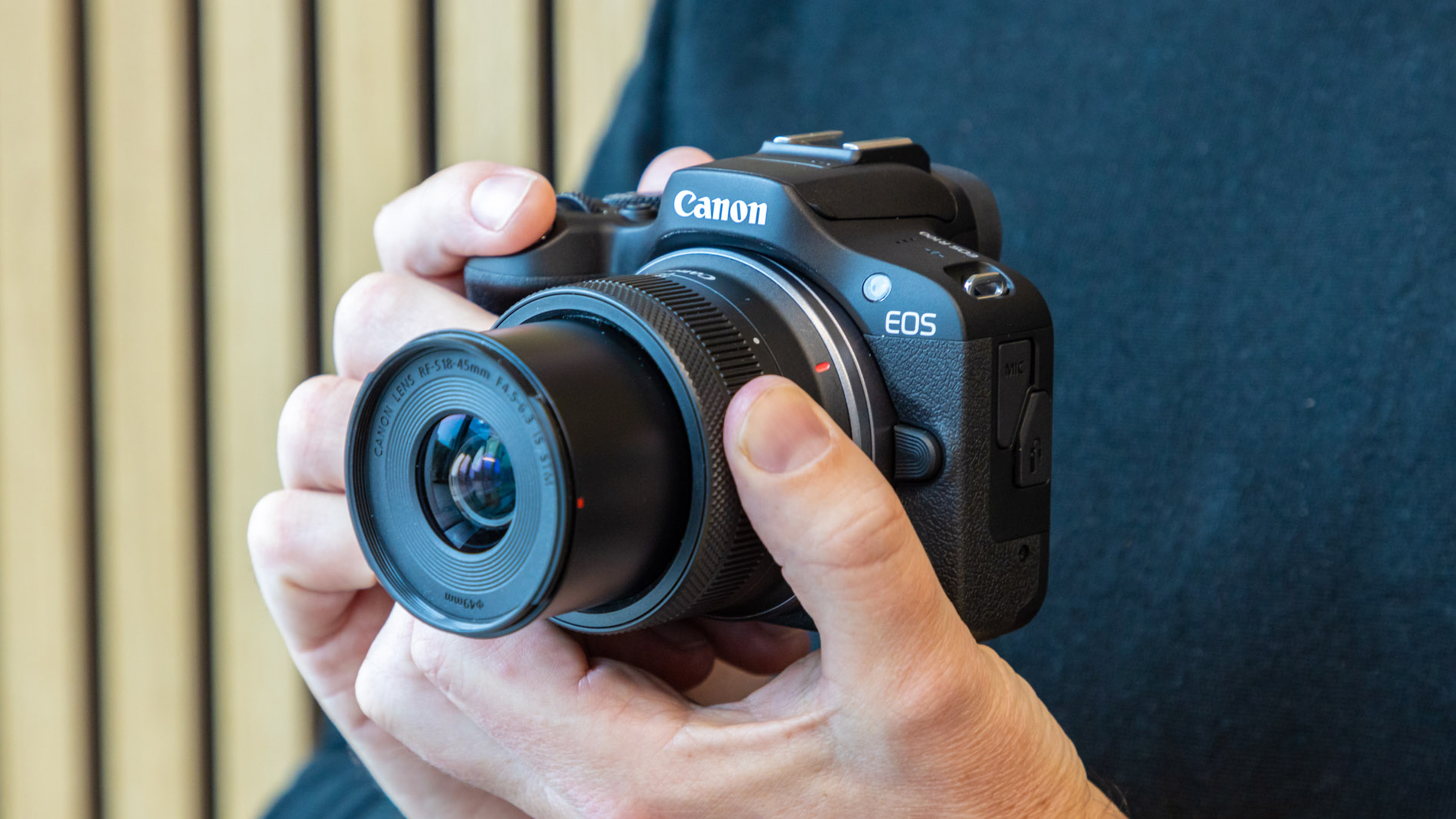
The lack of a mirror meant mirrorless cameras couldn’t bounce the view from the lens up to the viewfinder, necessitating the invention of the electronic viewfinder. Like a mini LCD screen, electronic viewfinders display what the sensor is seeing without the DSLR’s mirrors.
One of the key differences in the electronic type of viewfinder is that it displays exactly what the sensor is seeing. That means if your settings are going to capture a photo that’s too bright, you’ll see that in the viewfinder whereas in a DSLR, you’d have to pay attention to the meter to recognize that your settings were off.
The ability to see what you are about to capture before you capture it is a key advantage if you're looking for a camera for beginners. That feature also extends to things like colors, including enabling you to see the viewfinder in black-and-white if you want to take a black-and-white picture.
2) Mirrorless cameras have key features like eye detection autofocus

As a portrait photographer, one of the key reasons enticing me to trade in my Nikon D850 for a mirrorless camera is the eye detection autofocus. With a DSLR, you either leave it to chance and hope the auto area AF selects the right subject, or use the joystick to move the focus point over to the proper point.
Mirrorless cameras are a bit smarter than that. They can recognize eyes and automatically focus on them, for both people and animals. Some models recognize more than just eyes and can automatically detect vehicles and other commonly photographed subjects.
3) Mirrorless lenses are a better long-term investment
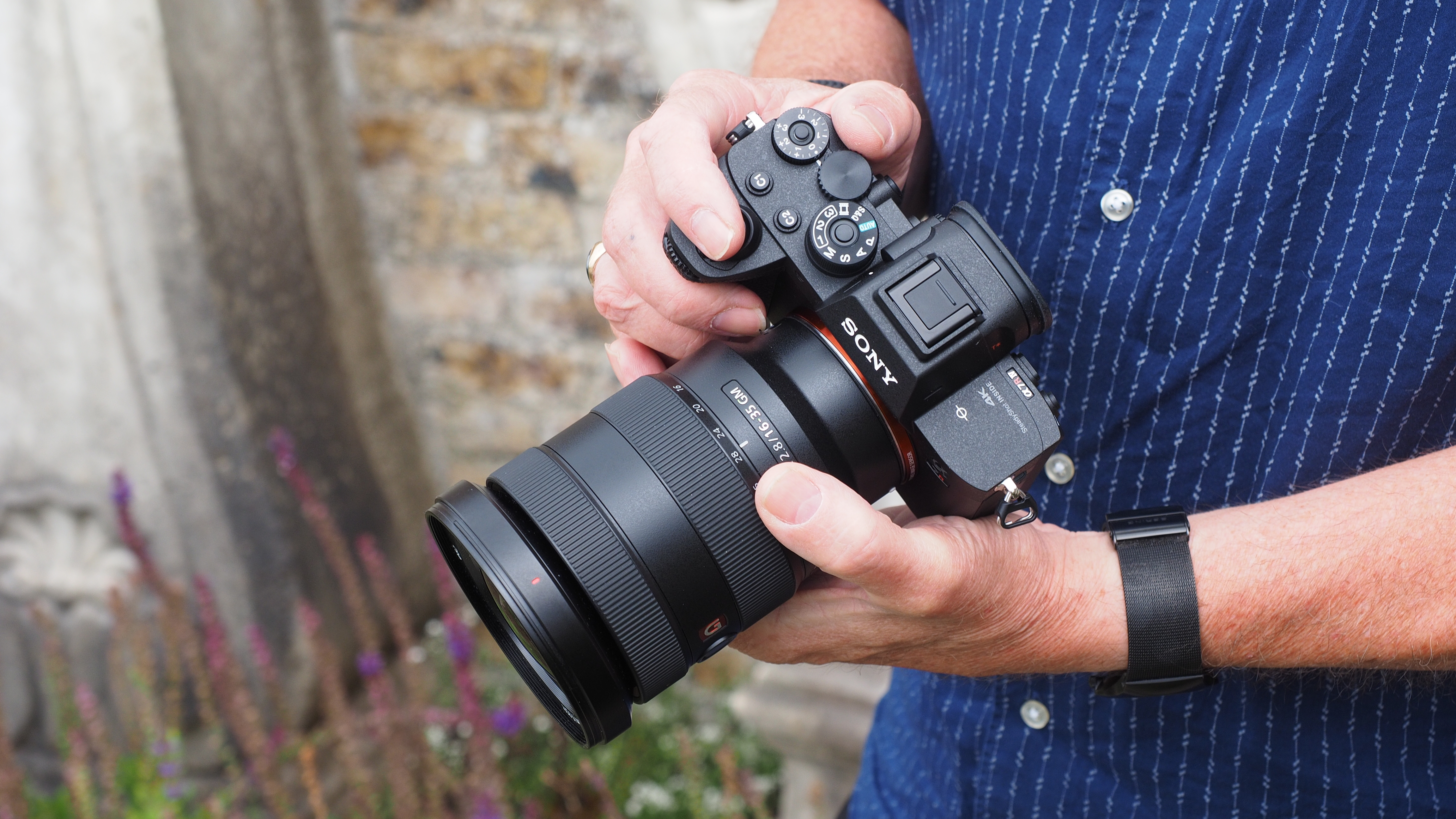
The decision to switch to mirrorless was actually predicated by a more innocent idea: I wanted a new lens. I didn’t want to spend four figures on a high-end portrait lens, then switch to mirrorless a year later and have to replace all my lenses.
Mirrorless cameras are a better long-term investment. With few companies continuing to make DSLRs, the odds are that when you need to upgrade five years down the road, you won’t be buying a DSLR again unless it's used. That means you’ll likely need to replace your lenses.
Now, Canon and Nikon have adapters that allow their DSLR lenses to work on mirrorless. But while the performance and features on a mirrorless camera are quite different, when it comes to image quality, the most noticeable difference comes from the lenses and not the camera body.
For example, the best Nikon Z lenses tend to be sharper than the F-Mount optics that I formerly had for my D850. Of course, noticeable is an opinionated term, but I noticed a significant difference in the sharpness of Nikon’s mirrorless optics over the older DSLR lenses. Which means that, while you can use adapted DSLR lenses, you’ll likely get the best results from using native optics.
4) DSLRs still take good photographs
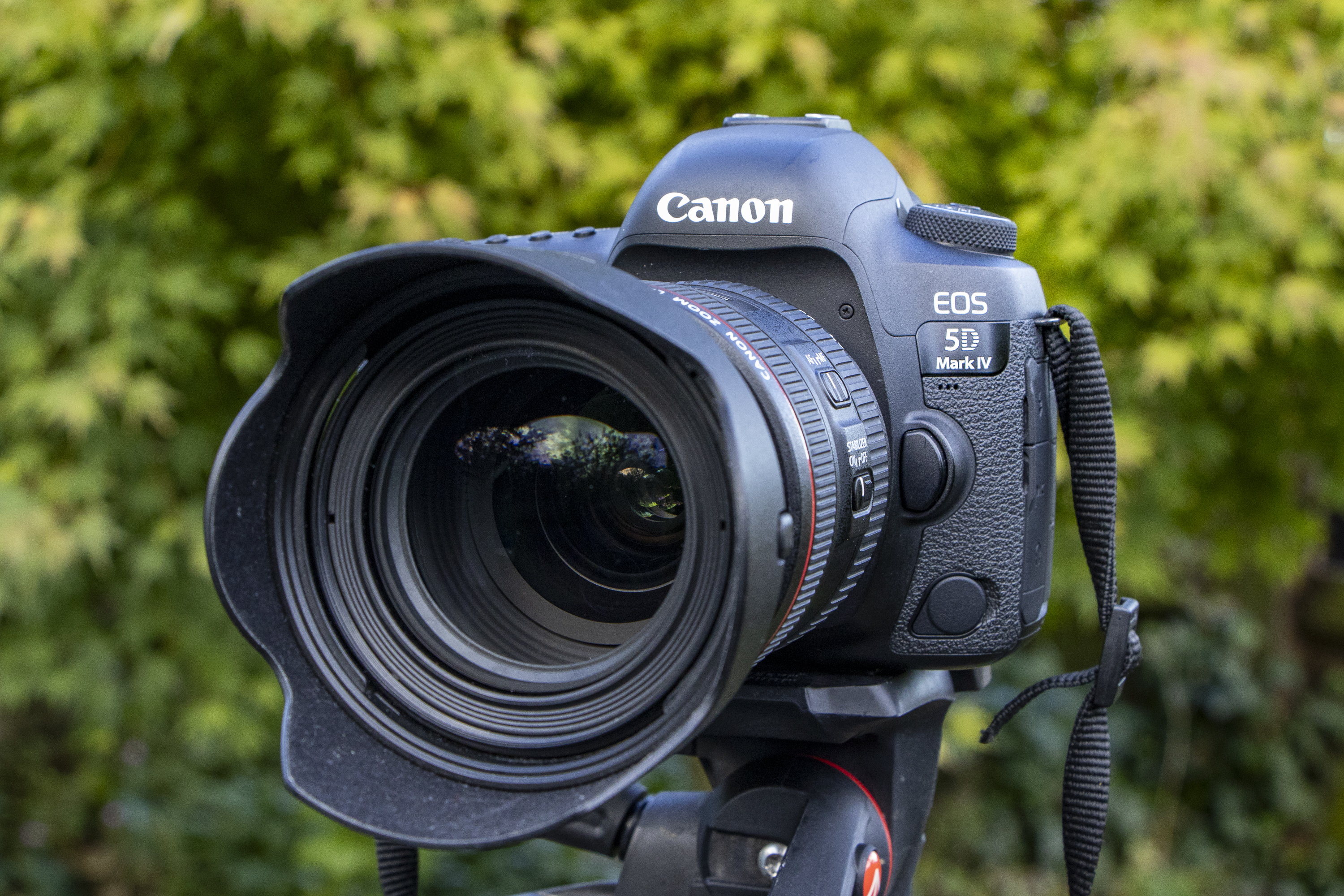
Mirrorless cameras may be the most technically advanced and the best long-term investment, but their existence doesn’t automatically make DSLRs garbage. Many award-winning images have been taken with DSLRs, like this one taken with a 12-year-old camera and a kit lens that won $200,000.
I can’t scroll through Instagram and immediately pinpoint which images were taken with a DSLR and which ones were taken with a mirrorless camera. Nor, in fact, do I care what camera captured the photograph unless the image itself is some sort of technical miracle not previously possible.
It is, however, rather silly to spend thousands on the most technically advanced camera and lens to just put nylons over the lens for a “vintage look.” If that intentionally blurry, softer look describes your style to a T, then why would you spend more money on the newest gear when you want an older, more classic feel?
5) DSLRs are often – but not always – more affordable
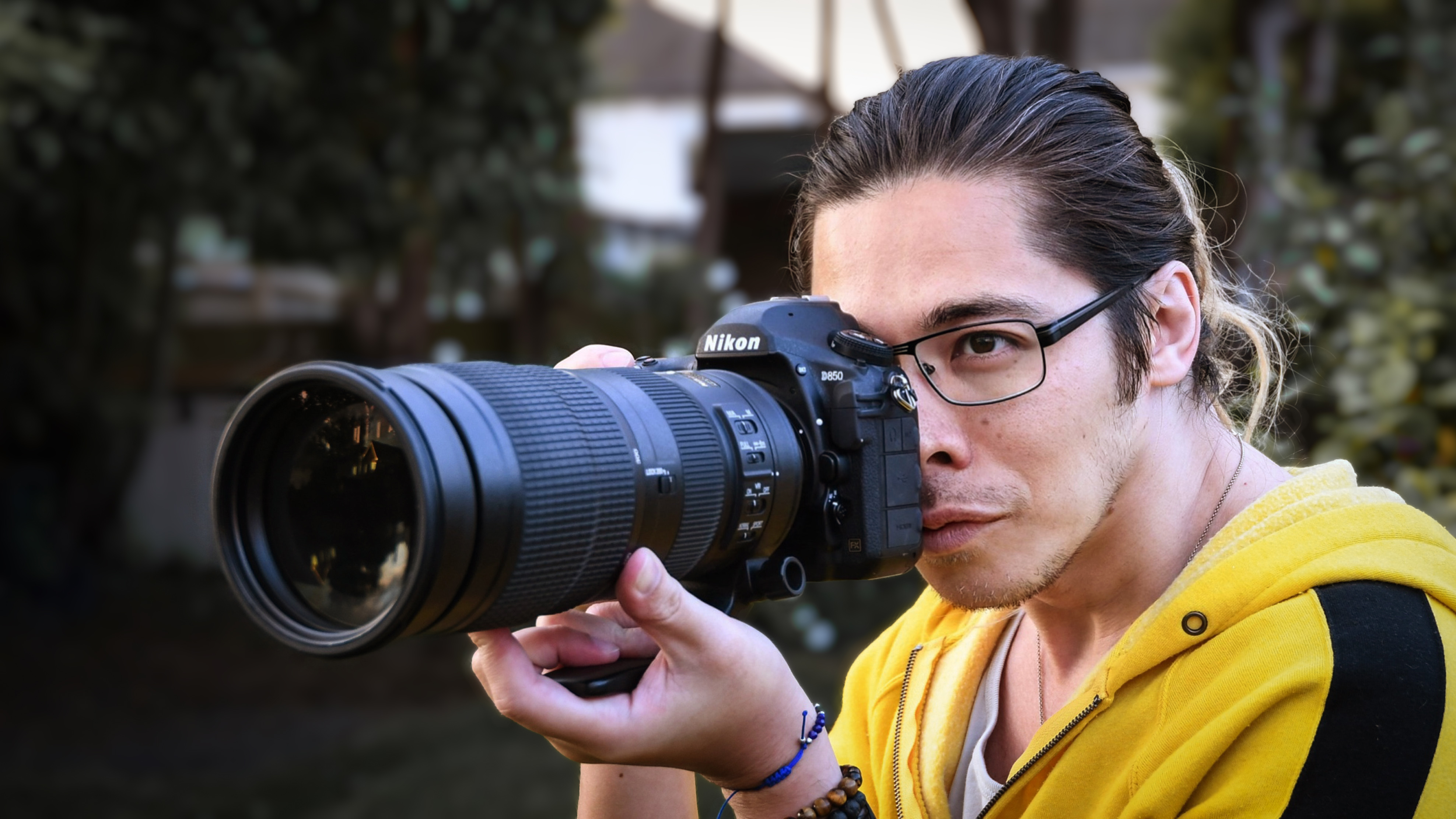
When DSLRs were king, I could easily find a basic starter DSLR during a sale event like Black Friday for under $500. Only a few very basic mirrorless cameras sit under $1,000, like the Canon EOS R100 or the Sony ZV-1F. DSLRs tend to be much more affordable, not to mention the wealth of good used lenses available as photographers switch over their systems to mirrorless.
But, don’t assume that the DSLR price is the better deal. The D850 is around $1,000 less than the mirrorless Z8, which is certainly nothing to sneeze at. But the Canon 5D Mark IV with a 24-105mm lens is only $300 less than the R6 II bundled with an RF-mount 24-105mm lens, making the older tech far less tempting.
6) With retro tech trending, photographers shouldn’t feel pressured to buy the latest gear
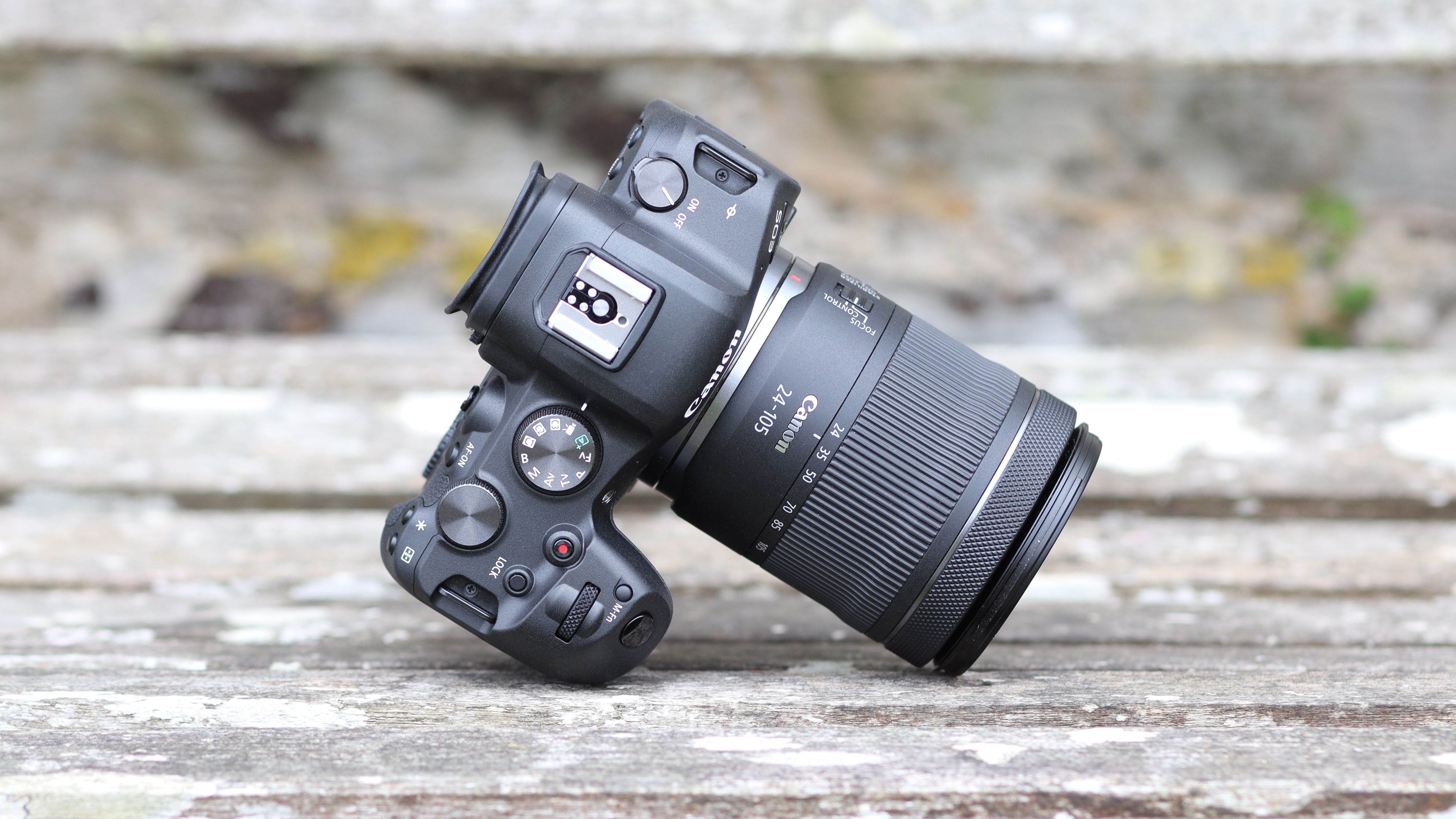
DSLRs are no longer the most technically advanced camera systems, nor are they the best long-term investment with few brands paying them much attention. But when 2000s-era compacts are trending, does using outdated tech really matter? I just brought an old film camera I bought at a garage sale for $10 along to a portrait shoot. The camera that you choose has everything to do with the technical quality of the resulting image, but very little to do with the intrinsic and artistic value.
Should you buy a DSLR during the Black Friday sales? If you have the cash, mirrorless cameras tend to be easier to learn and you won’t need to replace your collection of lenses if you decide to upgrade in the future. If the price difference between the DSLR and mirrorless is minimal, the mirrorless is the best decision. But if the price difference is steep and your budget means the choice is to either buy a DSLR or continue using a smartphone, buy the DSLR.
Check out our guide for best Black Friday camera deals. Or, narrow down your choices before you shop with the best DSLRs, the best cameras for beginners, or the best mirrorless cameras.







